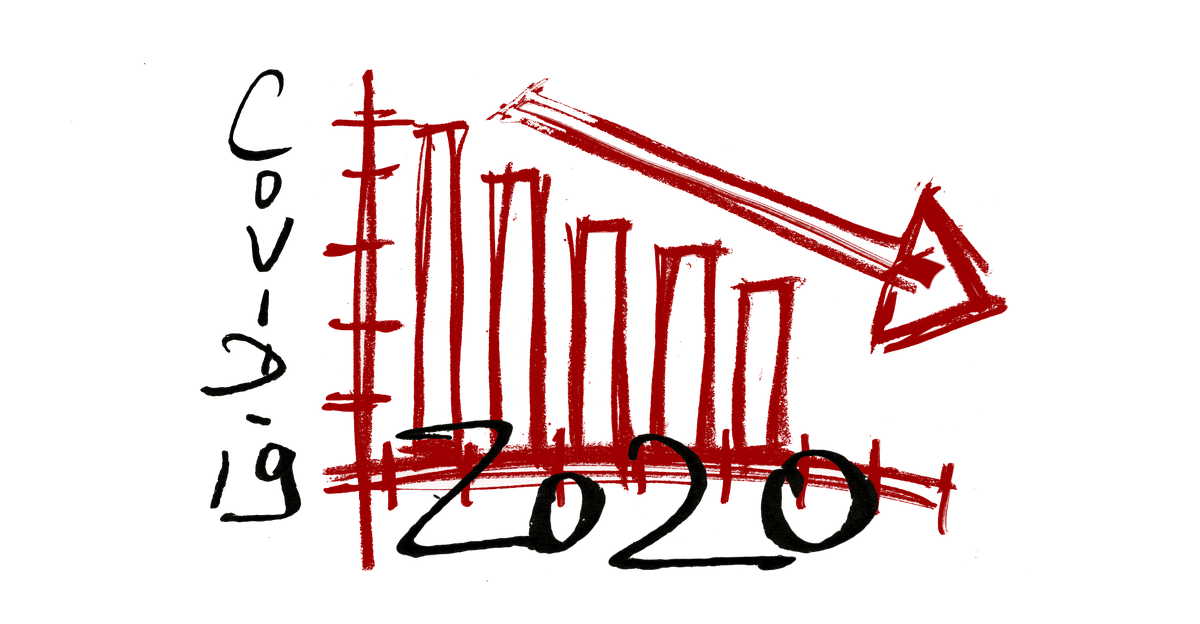U.K. Enters Recession: How Is Recession Different From Depression?
The U.K. has entered into recession for the first time in 11 years. It's the latest country to be officially in recession amid the COVID-19 pandemic.
Aug. 12 2020, Updated 8:26 a.m. ET
The U.K. has officially entered into recession following reports that the GDP tumbled 20.4 percent in the June quarter. This recession is the U.K. economy's first in 11 years. The country's GDP contraction is the worst among G7 countries. However, earlier this month, Bank of England governor Andrew Bailey said that the economic impact from the coronavirus pandemic had been less severe than expected. The Bank of England expects the country’s GDP to fall 9.5 percent this year. So what is the difference between recession and depression?
U.K. in recession: What's the difference between recession and depression?
Although recession and depression are both contractionary phases of business cycles, they're not the same. They have no set definition, but recession and depression differ based on severity, spread, and time. Currently, the global economy is in recession, and the U.K. has become the most recent country to be officially in recession.
U.K. stock markets
Despite the U.K. GDP reading showing a slump, U.K. stock markets are in the green today and the FTSE 100 was up more than 0.5 percent in early trading. The FTSE (Financial Times Stock Exchange 100 Index) is down 18 percent for the year, underperforming U.S. stock markets—the S&P 500 is now positive for the year and is just short of its all-time high. The FTSE includes a lot of financial and mining companies that have dragged down its 2020 performance. In the U.S., a strong performance by tech stocks has boosted markets.
What is recession?
Recession, a downturn in a business cycle, is generally restricted to one region or country. Some describe a recession as a contraction in the GDP for two consecutive quarters. According to the NBER (National Bureau of Economic Research), “recession involves a significant decline in economic activity that is spread across the economy and lasts more than a few months.”
The NBER adds, “In our modern interpretation of this definition, we treat the three criteria—depth, diffusion, and duration—as at least somewhat interchangeable. That is, while each criterion needs to be met individually to some degree, extreme conditions revealed by one criterion may partially offset weaker indications from another.”
Recession versus depression
The U.S. economy entered recession in February, ending its longest streak of expansion ever. There have been 13 recessions in the U.S. since the Second World War, and almost 50 in U.S. history. According to the NBER, on average, recessions last for about 10 months. The Great Recession of 2008 was among the country's biggest, and lasted around 1.5 years.
While most U.S. recessions haven't led to global recessions, the Great Recession had a massive spillover to the global economy. Recession is generally preceded by a rapid expansion that creates a bubble and an overheated economy. As the bubble bursts, the economy enters a recession and then normalizes. Many times, external events can lead to recession. The current global recession was triggered by the coronavirus pandemic, truly a black swan event.


